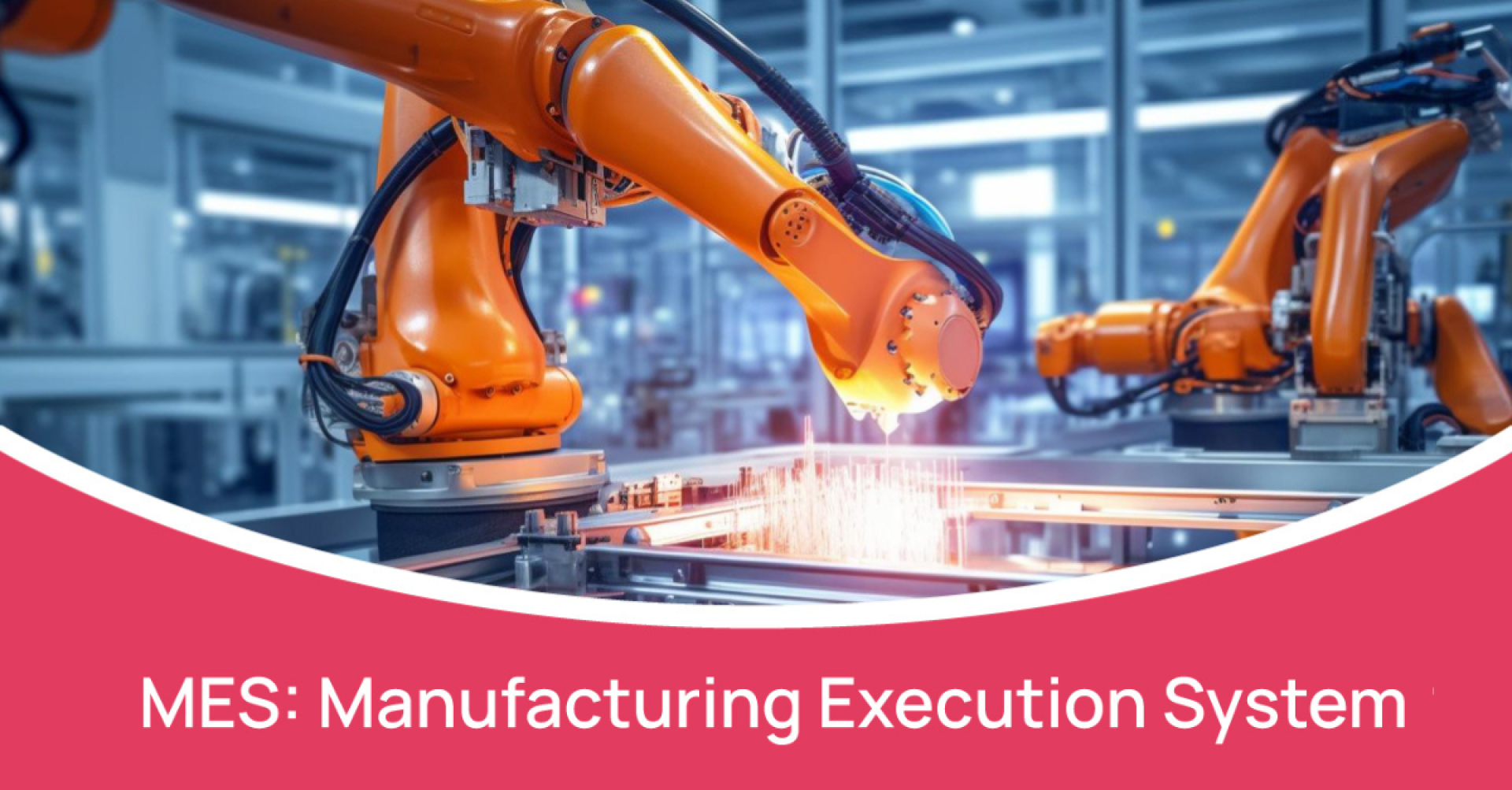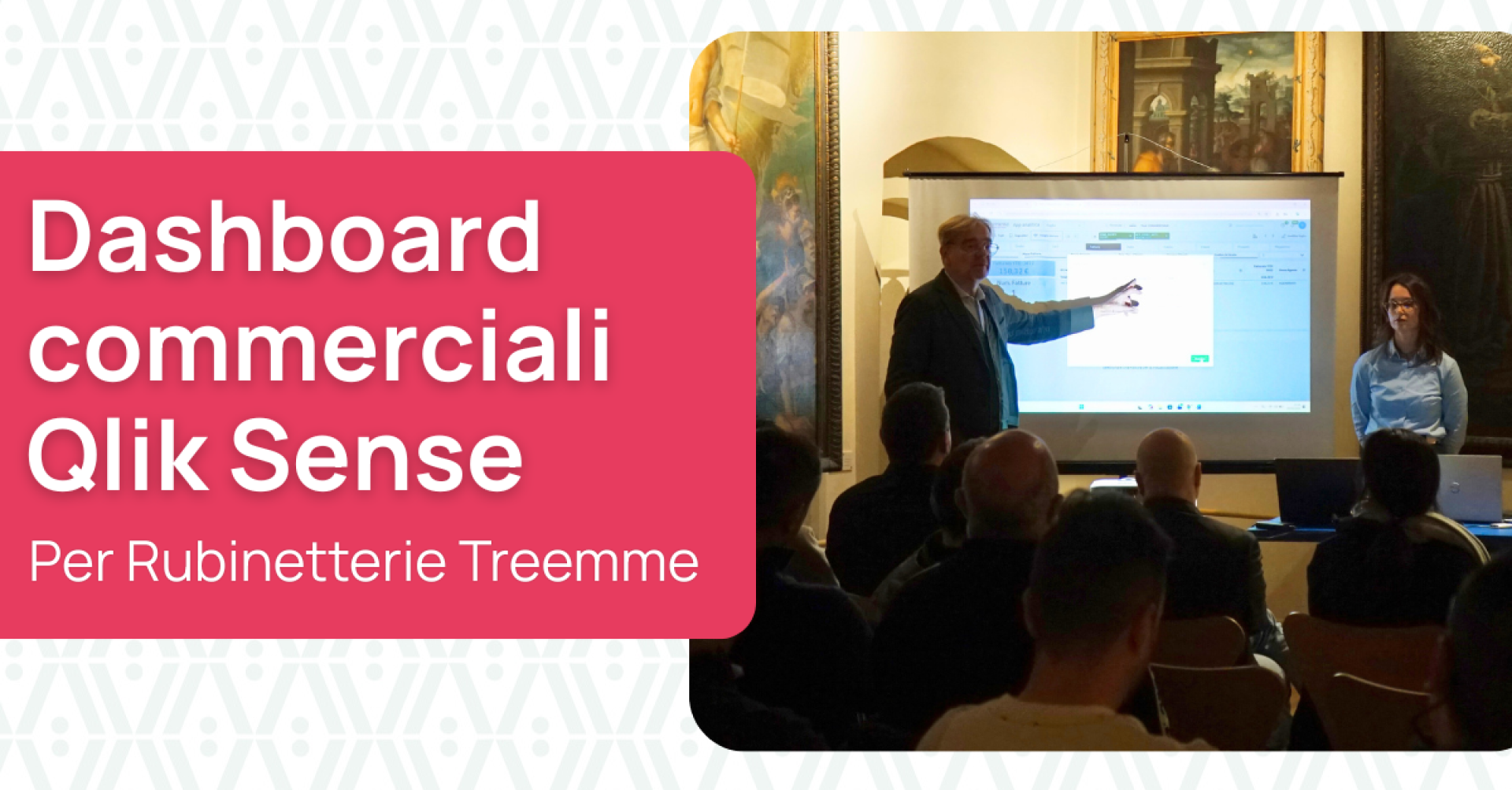
What is MES, what it is for and how does it work?
Discover the concrete benefits of MES software to optimize your production
Manufacturing companies are constantly looking for innovative solutions to optimize production processes, increase operational efficiency and improve the quality of final products. In this context, the adoption of manufacturing execution system (MES) software can be a decisive breakthrough. A MES system integrates and manages manufacturing activities in real time, providing greater visibility and control over the entire production process.
What is the MES software?
A MES software is an advanced IT solution designed to monitor, control and manage manufacturing operations in real time. It is positioned between enterprise resource planning (ERP) systems, which coordinate business processes at the strategic level, and basic machine control systems (PLC/SCADA), which manage production operations at the machine level.
How does MES software works?
MES software functions as a central link between enterprise planning systems (ERP) and the process controls that occur within the plant.
It starts by collecting data from the ERP, such as production orders, schedules, and bills of materials. It uses this data as a starting point for planning and monitoring production activities. The MES then combines ERP data with data from a variety of sources, such as:
-
Machines: production data, such as cycle times, speeds and energy consumption.
-
Sensors: monitoring of parameters such as temperature, pressure and vibration
-
Raw materials: tracking batches of materials and consumption.
-
Human operators: recording of manual activities and feedback.
This combination of data provides a comprehensive, real-time view of the production process. The data are used to monitor production flow, identify inefficiencies and optimize operational performance. In addition, the MES system can generate detailed reports, manage inventory, and plan preventive maintenance actions.
MES software and Industry 4.0
MES software is a crucial element in the Industry 4.0 ecosystem, which relies on the adoption of digital technologies to create smart, interconnected factories. MES supports companies in achieving Industry 4.0 goals, such as:
Increased flexibility and adaptability: rapid response to changes in customer demands and market conditions.
Customized manufacturing: production of products tailored to specific customer needs.
More efficient supply chain: improved communication and collaboration with suppliers and customers.
Increased sustainability: reduction of waste and environmental impact of production.
What are the benefits of a MES system?
Implementing a MES system in the company can lead to several significant benefits:
-
Increased production efficiency: reducing cycle times, eliminating waste and optimizing resources.
-
Improved product quality: constant monitoring and control of processes to ensure that products meet quality standards.
-
Improved production visibility: comprehensive, real-time view of production status, facilitating quick and informed decisions.
-
Improved product traceability: traceability of materials and products throughout the production chain, improving inventory management.
-
Predictive maintenance: analysis of production data to identify maintenance problems before they occur, reducing downtime and maintenance costs.
-
More efficient production planning: accurate production planning based on current and future capacities.
-
Tighter quality control: automation of quality control to ensure that all products meet desired standards.
-
Data analysis: collection and analysis of production data to improve efficiency and product quality.
MES software and Industry 4.0
MES software is a crucial element in the Industry 4.0 ecosystem, which relies on the adoption of digital technologies to create smart, interconnected factories. MES supports companies in achieving Industry 4.0 goals, such as:
-
Increased flexibility and adaptability: rapid response to changes in customer demands and market conditions.
-
Customized manufacturing: production of products tailored to specific customer needs.
-
More efficient supply chain: improved communication and collaboration with suppliers and customers.
-
Increased sustainability: reduction of waste and environmental impact of production.
The goal of the Transition 4.0 Plan
The Transition 4.0 Plan is an Italian government initiative aimed at supporting manufacturing companies in adopting Industry 4.0 technologies. The plan provides incentives and support measures for companies that invest in advanced technologies, such as MES systems.
Advinser: your partner for Industry 4.0
With our experience and expertise, we can help manufacturing companies implement a MES system and make the most of the benefits of Industry 4.0.
Discover MES


